Health Workers on the Frontline: Standing with Myanmar this World Health Worker Week
7 April 2025
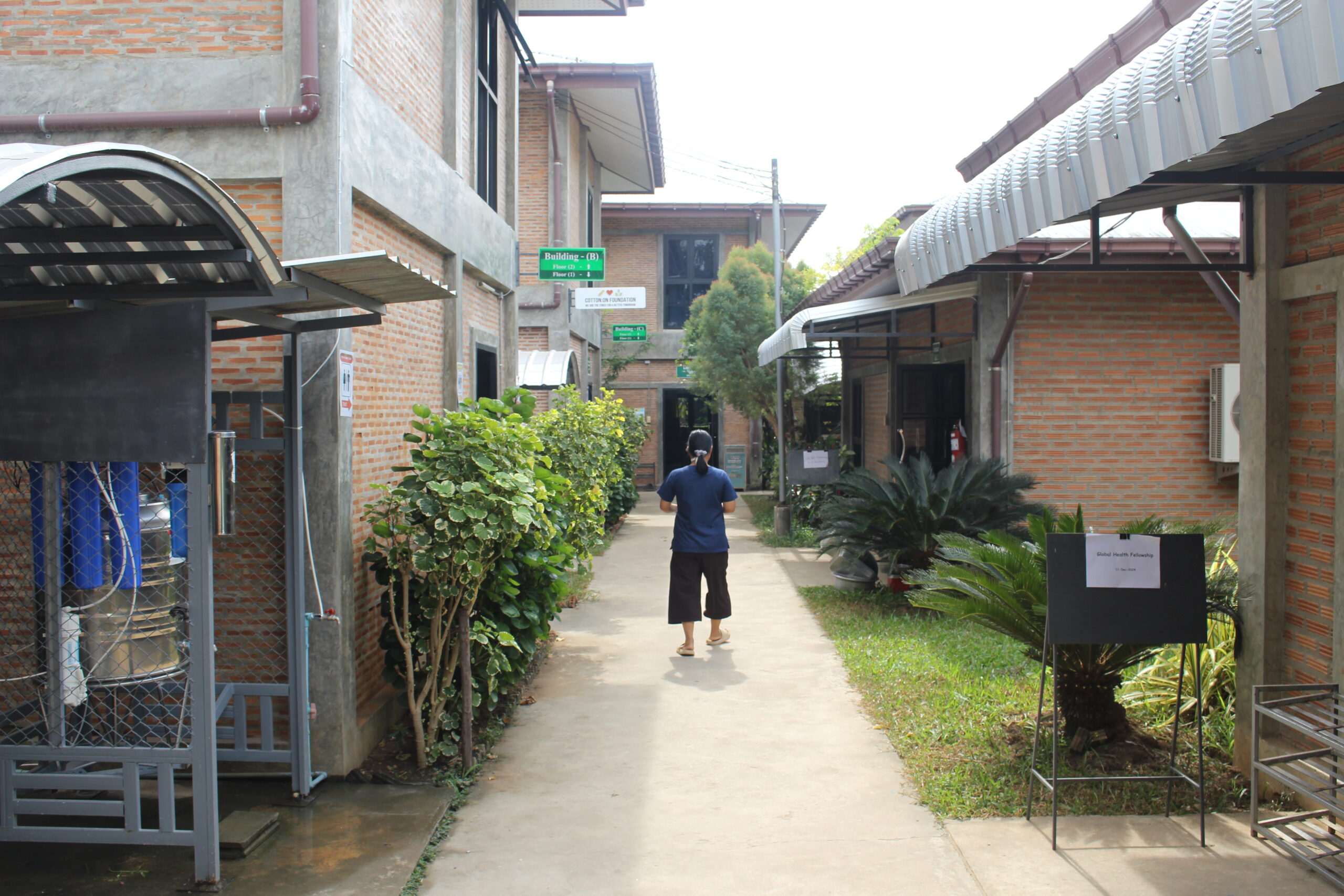
From 1-7 April the world marked World Health Worker Week, ending with WHO World Health Day today – a time to celebrate the dedication of health workers around the world.
At Global Health Partnerships (formerly THET), we’re honouring the strength, commitment and compassion of health workers everywhere – with a special focus on our extraordinary partners in Myanmar, whose resilience in the face of crisis deserves global recognition.
On 28 March 2025, a devastating earthquake struck central Myanmar, compounding an already deepening humanitarian crisis. Since the military coup on 1 February 2021, the country’s health system has been in collapse – with health workers facing violence, arrest and extreme pressure for continuing to serve their communities. Even in the aftermath of the earthquake, airstrikes have continued, disrupting emergency relief efforts. Amid the destruction and loss, one thing stands tall: the commitment of Myanmar’s health workers.
Introducing Dr. Thinn Hlaing, GHP Country Director for Myanmar
Dr Thinn Hlaing, a trained pathologist with 16 years’ experience in the UK, worked as a Specialist Registrar at Addenbrooke’s Hospital in Cambridge and a Consultant in Chemical Pathology at Sheffield Teaching Hospitals. She returned to Myanmar in 2016 and since January 2017, she has served as Myanmar Country Director for Global Health Partnerships ).
Over the years, she has helped lead vital programmes supporting medical education, mentoring and clinical care. She’s been instrumental in strengthening health systems, particularly through conflict and crisis. Commenting on recent events, Thinn said:
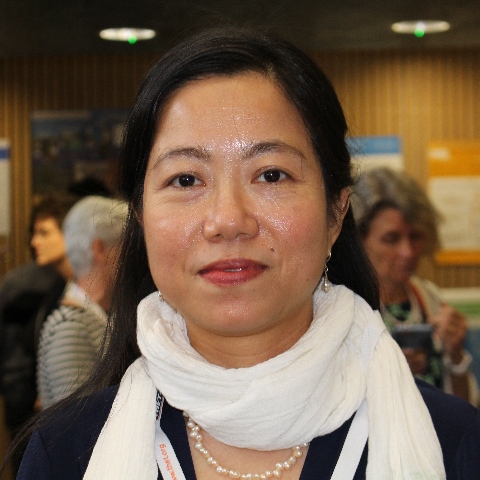
Despite enormous challenges, Global Health Partnerships and our partners continue to deliver vital support – adapting our work to ensure our programmes reach health workers even in the most remote parts of the country.
How we’re making a difference
1. In the wake of the earthquake
Following the earthquake, GHP partners quickly mobilised to provide emergency support – including water purification tablets, baby formula, hygiene kits, tents, and power sources. With hospitals damaged and essential services down, even these basics are life-saving.
Just months after the military coup in 2021, Myanmar health partners launched a telehealth service that allows patients in hiding to consult doctors remotely. For many, this is their only route to medical advice. On the other side, health workers – unable to practise openly for fear of arrest – can continue caring for patients via secure digital platforms.
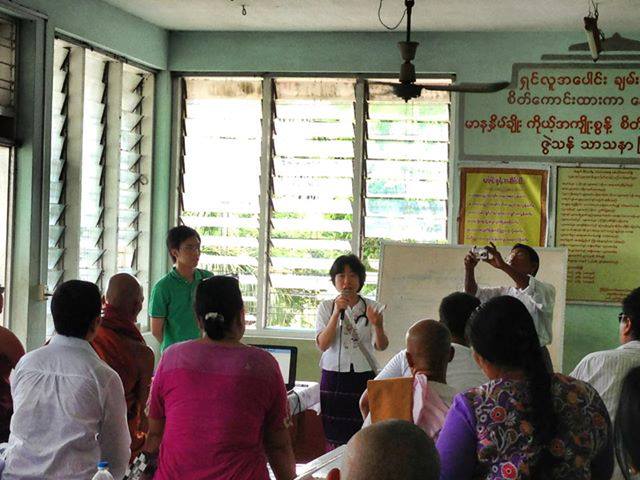
2. Telehealth services for hard-to-reach communities
The service has now grown to include over 300 doctors, 17 specialist clinics, and has delivered more than 100,000 consultations. GHP supports and funds Cambridge Global Health Partnerships (CGHP) which provides digital and clinical expertise, supporting both the platform and the health professionals behind it.
Plans are now underway to link telehealth with in-person care for a hybrid model, allowing specialists to reach patients even in Myanmar’s most remote corners.
3. Training obstetricians and anaesthetists
Emergency delivery care can mean the difference between life and death. Our Saving Mothers at Delivery project, supports training for local obstetricians and anaesthetists working in remote or conflict-affected areas. The goal is simple but vital: to make childbirth safer and reduce maternal mortality.
“We’ve trained birth specialists in the most far-flung parts of the country,” says Thinn.
“They’re saving lives every day – often without electricity, clean water or basic supplies.”
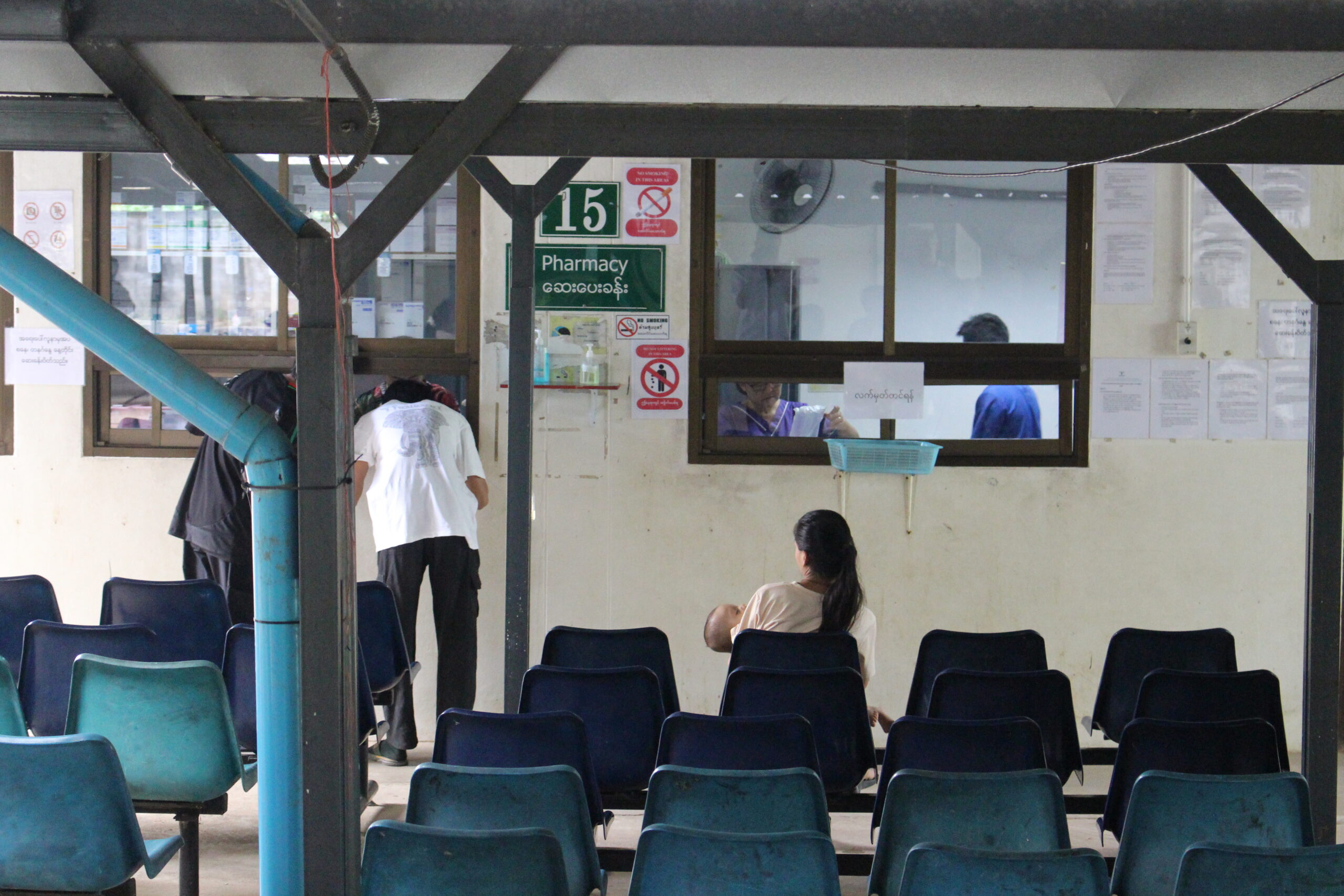
4. GP support
Through our partnership with the Royal College of General Practitioners, we are supporting over 600 GPs across 50 townships to deliver better care, especially to internally displaced communities in ethnic minority areas. Many of these GPs are working in near-impossible conditions, often cut off from formal support networks.
We provide ongoing training in quality improvement, weekly online mentoring, and peer-led learning circles. We’ve also helped train over 90 GPs to mentor final-year medical students, strengthening the next generation of healthcare providers in Myanmar.
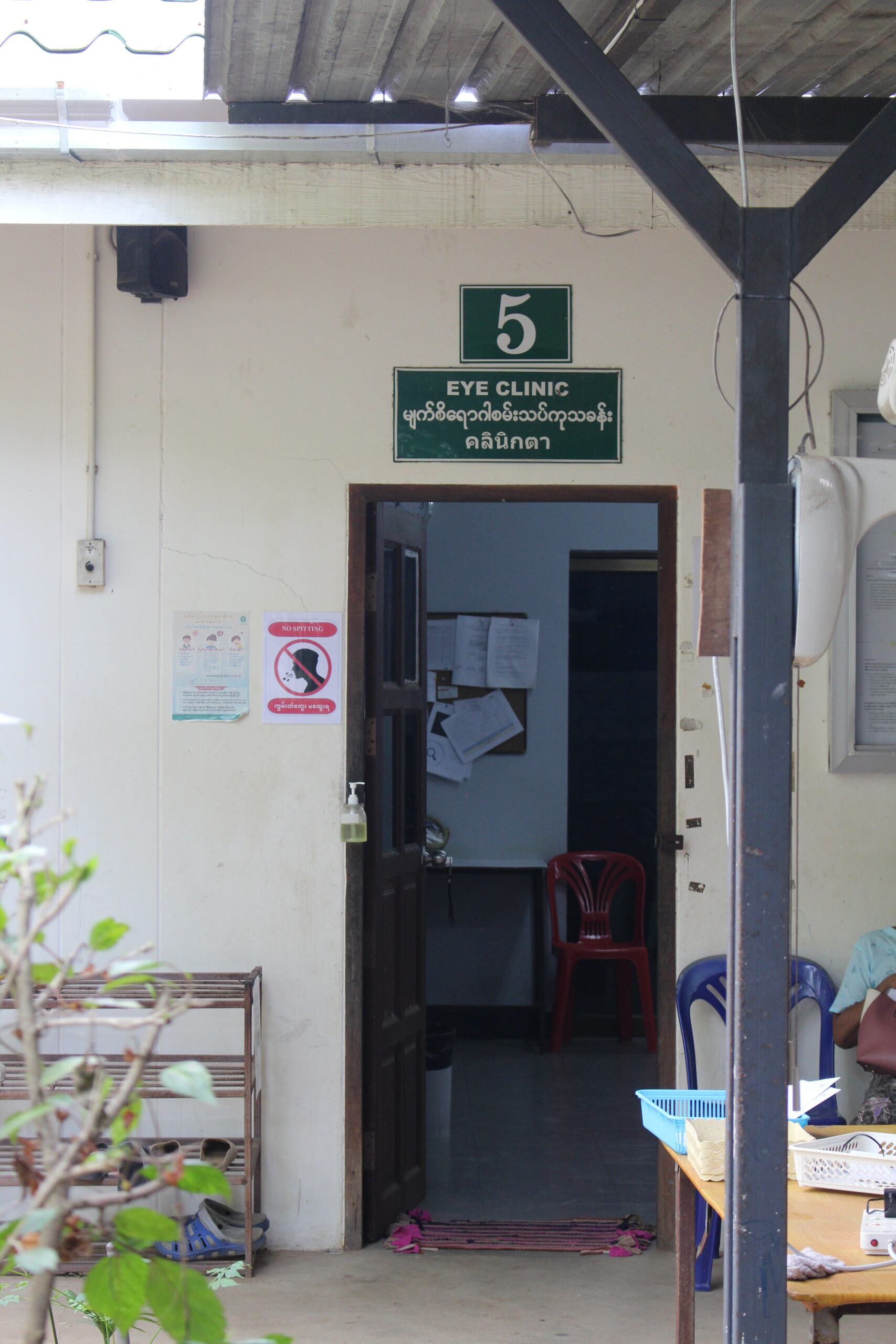
5. Continuing medical education and leadership
Since the coup, GHP’s global network has helped deliver online training to more than 3,500 health professionals, created a clinical guidance website now used by over 26,000 people, and supported up to 1,000 junior doctors with ongoing medical education.
We’ve also helped coordinate an online medical school curriculum and delivered virtual workshops on leadership, well-being, emergency care and clinical analysis for nurses and midwives. In a fractured training landscape, this continued learning is critical.
6. Backing the people who keep hope alive
This World Health Worker Week, we stand in solidarity with the health workers of Myanmar – professionals who, in the face of conflict and systematic attacks, economic collapse and natural disaster, are choosing compassion over fear. We call on the international community to recognise and support health workers in Myanmar and other fragile settings.
“Don’t forget the bigger picture,” says Thinn.
“Unless we help the people – and help them rise from this crisis – this cycle of suffering will continue.”
Because no one should have to risk their life to save a life.
#HealthWorkersCount #WorldHealthDay #GHPGlobal #StandWithMyanmar
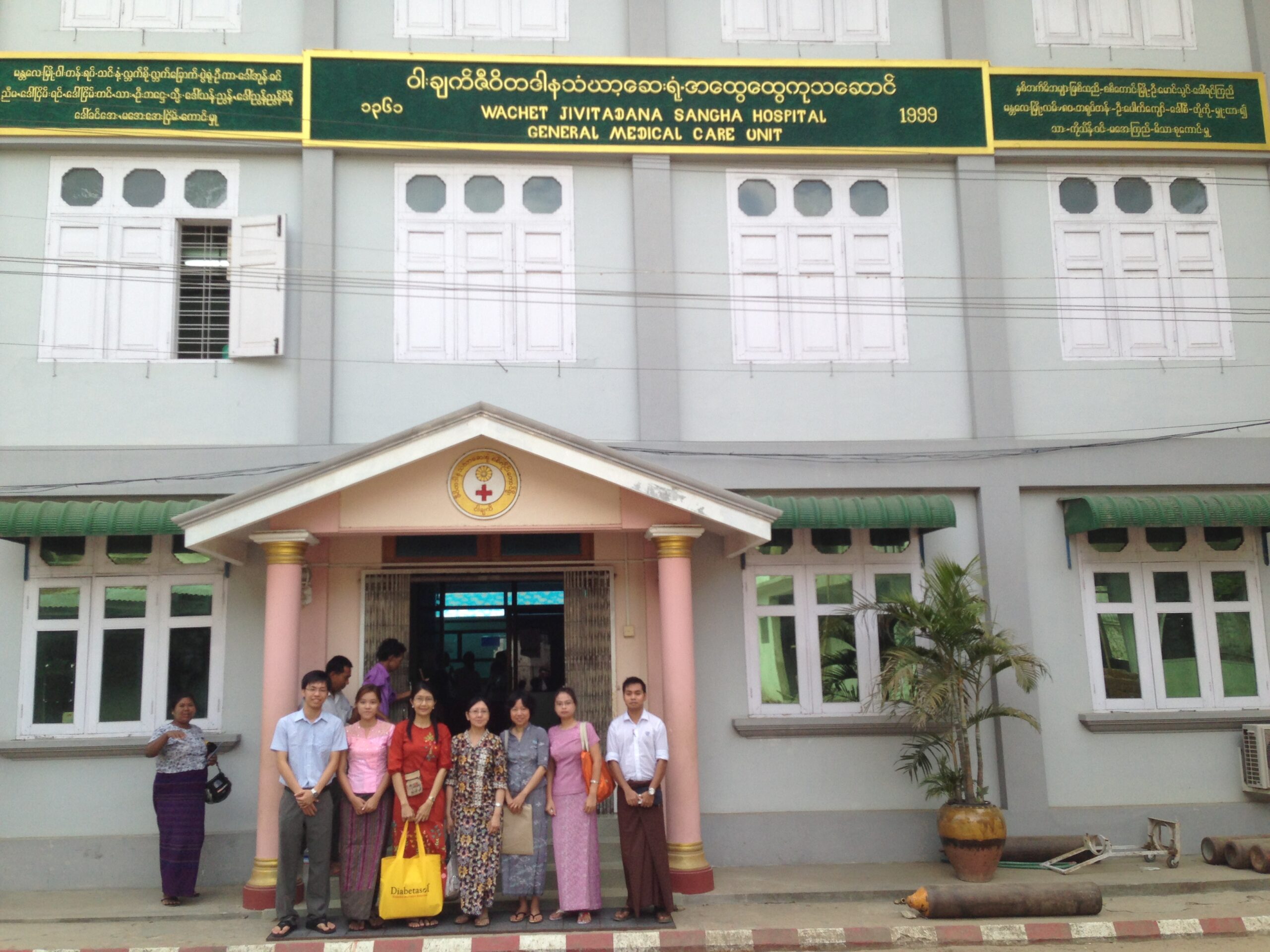


0 Comments
Leave a comment
Your email address will not be published.